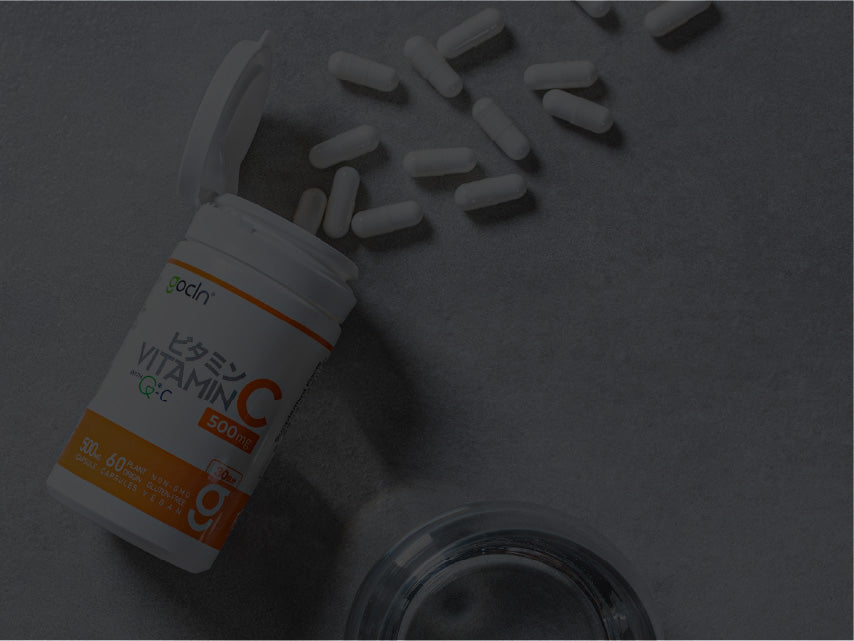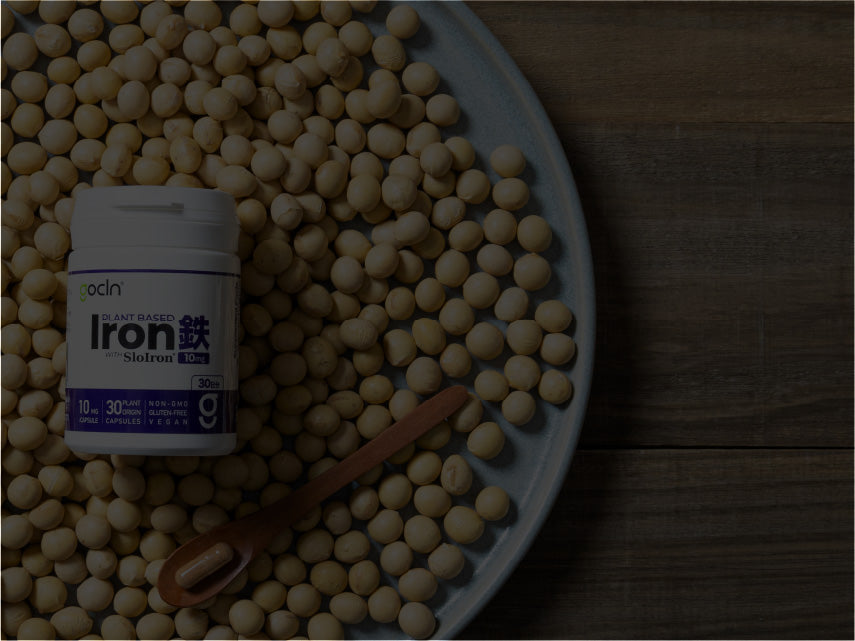Auxiliary raw materials
Beer is often brought up when talking about auxiliary ingredients. Germany's ``Beer Purity Ordinance'' stipulates that the only ingredients for beer are barley, hops, and water, and no other ingredients may be used.
In neighboring Belgium, similar beers are of course produced, but the variety and depth of the beer, which uses other grains, fruits, herbs, spices, etc., has a different appeal. In Japan, ingredients derived from rice and corn are often used to create a refreshing taste that suits the climate.
Furthermore, in the world of Japanese sake, brewing alcohol and sugars used in addition to rice and rice malt are called auxiliary ingredients.
Personal preference aside, I feel that there is no right answer to how each manufacturer appeals to their taste. (The author himself is mostly a pure rice wine drinker.)
Now let's talk about supplements.
A special filling machine is used to encapsulate powdered ingredients into hard capsules. The fluidity of the powder particles of this substance, its hygroscopicity and wettability, etc., make a big difference as to whether it can be used on a filling machine production line or not. In addition, in the case of tablets, whether or not they solidify has a significant impact on quality. To improve these issues, substances called excipients are generally used as auxiliary raw materials in addition to the target ingredients.
These excipients are also used to dilute and increase the amount of a drug, for example, when only a small amount of the main drug is needed and it is difficult to handle. Of course, only those products that have been thoroughly confirmed and approved for safety in both the medical and food fields are used.
Recently, the idea of simply taking only the desired ingredients has been increasing worldwide, and if it is technically possible (though it is not that easy), there are supplement products that do not use excipients. Masu.
There is no correct answer to this appeal of ingredients, and we do not deny excipients. However, with Fuji Organics' GoCLN Vitamin C, by carefully selecting the vitamin C raw materials, we were able to prepare a product that is fully packed with vitamin C without using excipients as auxiliary raw materials.



